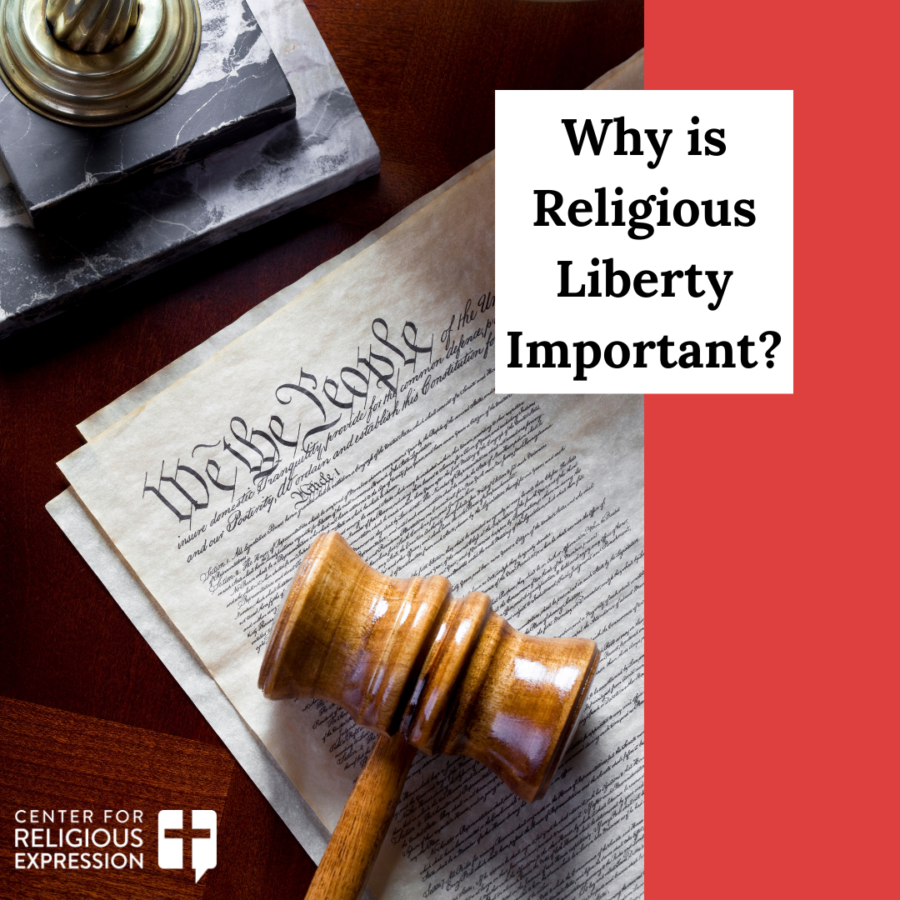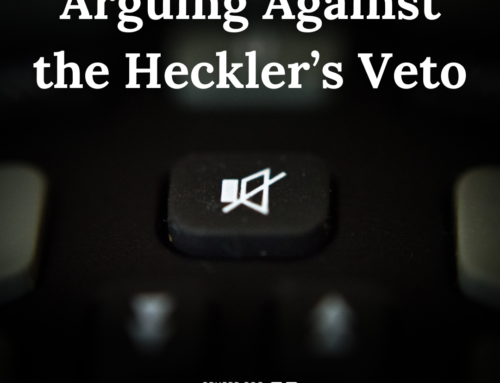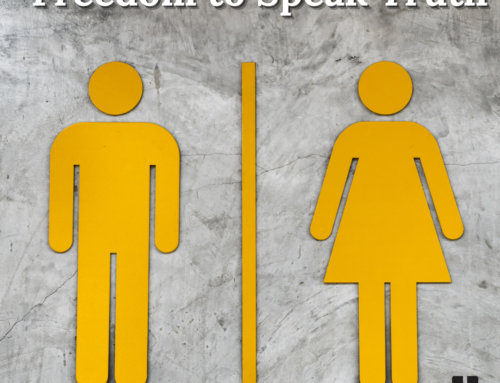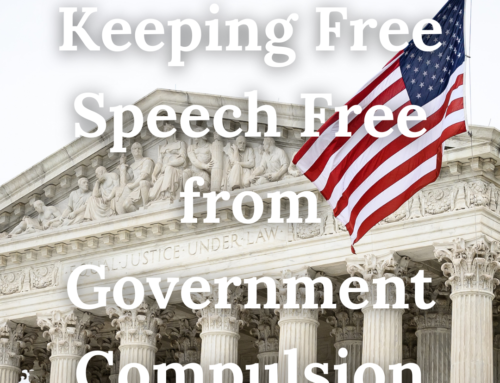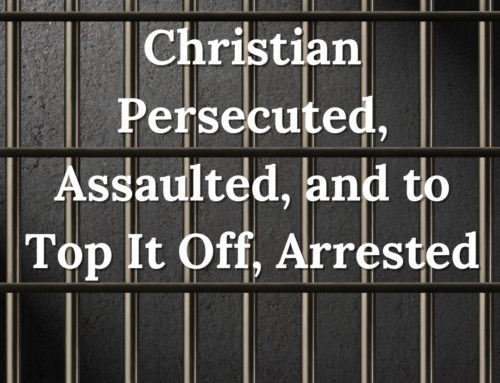The right to religious liberty is fundamental to America and traceable to centuries before the ratification of the American Constitution. England in the 1600s required its citizens to belong to the Church of England. In pursuit of religious freedom, the Pilgrims left their home, risking their lives and wealth to come to America. Such heroic actions eventually led to the enshrining of the principle of religious liberty in the American Constitution. The First Amendment prohibits the government from establishing a state religion or interfering with an individual’s free exercise of their religious faith. However, well over 200 years after the American founding, many in our political society seek to undermine religious liberty in private and public squares. Through the silencing of preachers, targeting faith groups seeking to spread the Word of God, and many other unjust actions taken to stifle religious liberty, the principle which motivated the earliest American settlers to leave England for a better life is now under attack. Religious liberty is a right worthy of defending because it intertwines with freedom of speech and conscience, affirms religion as both a private and public good, and promotes harmony in American society.
An individual’s freedom to exercise faith uninterrupted by government action is fundamental to freedom of speech and thought. Strong faith in God necessitates living out beliefs with words and actions. However, without a robust right to exercise religious faith, Americans would be forced to self-censor and quiet their faith in God because of fear of potential government retaliation. Free exercise is vital to avoid forced censorship of one’s conscience. When society fails to respect religious liberty, freedom of speech diminishes drastically. Alternatively, with a well-defended and effective right to religious liberty, Americans can freely follow their conscience and live out their faith without government interference.
Along with the connection between free religious exercise and speech, it is vital to protect religious liberty to ensure that Americans are not forced to confine their faith to their private lives. Especially in our current culture, which is growing hostile towards religious belief, political actors will seek to promote freedom from religion rather than freedom of religion. The latter, freedom of religion, can be traced back beyond the American founding and aims to recognize the value of personal faith and protect it from an intrusive government. However, freedom from religion is drastically different, un-American, and wrongly asserts that faith belongs where no one is looking. Government should never force Americans’ faith in God into hiding. On the contrary, faith demands action in both private and public settings throughout everyday life. Religious liberty safeguards public expressions of faith from the harmful belief that religious exercise only belongs behind closed doors.
Finally, religious freedom promotes harmony and tolerance in American society. America is an incredibly populated and diverse place with a wide variety of ideas, values, and faiths. An effective right to religious liberty enables Americans of all backgrounds to grow in tolerance of fellow Americans’ beliefs. Especially in modern society where atheism is on the rise and authentically living out faith in God is increasingly looked down upon, a strong right to religious liberty ensures all believers are free to exercise their faith. When religious liberty is recognized and defended, America becomes a more religiously friendly and harmonious society.
While growing levels of animosity towards public expressions of faith can be disheartening, the correct response is to stand firm in Godly values and remember what is at stake. This call is what drives the Center of Religious Expression. Through our work, CRE strives to safeguard Americans’ right to practice and profess their faith free from government interference. Challenges have and will continue to arise. However, through supporting CRE and our work defending religious liberty in America, the principles of freedom of conscience, private and public expressions of faith, and societal harmony are preserved.

